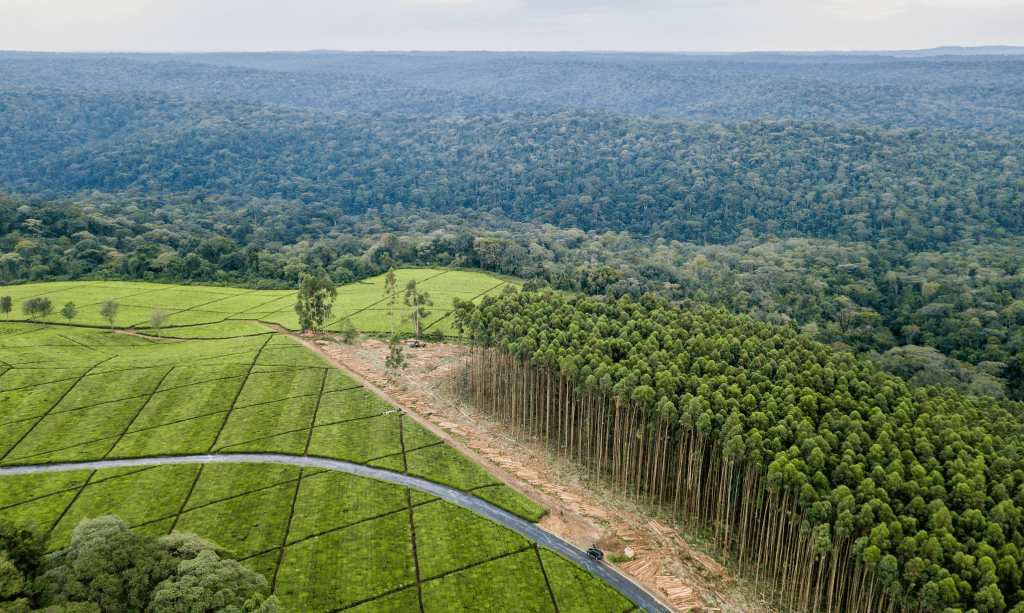
To sustain Africa’s growth and accelerate its response to climate change, huge investments are needed in key sectors, including agriculture, energy, water, infrastructure, cities, and ecosystems – ones that are all vulnerable to the impacts of climate change and variability. This fact remains true even in light of the COVID-19 pandemic because the pace at which the world’s climate is warming has not slowed, and so as countries in the region begin to consider their respective recovery packages, there is a need to align these two initiatives to ensure that opportunities to ‘build back better’ are not missed.
One of the challenges with investing in a green recovery is understanding the associated climate risks so that these investments can perform and deliver services in both today’s and tomorrow’s climates. Doing so requires a shift away from consolidated behaviours and practices to an integrated framework approach that brings together climate information, climate impact assessment and decision-making. The Africa Climate Investment Facility (AFRI-RES) aims to support African policymakers, institutions, the private sector, project developers and other potential beneficiaries with the integration of climate resilience into the planning, design, and implementation of investments.
The African Union Commission (AUC), United Nations Economic Commission for Africa (UNECA), and World Bank (WB) have been jointly organising the Africa Climate Resilient Investment Summits for the past six years through generous support from the Nordic Development Fund. The Africa Climate Resilience Investment Summit will provide participants with a platform to discuss key issues surrounding how Africa countries can put green investments at the heart of their COVID-19 recovery strategies.

















